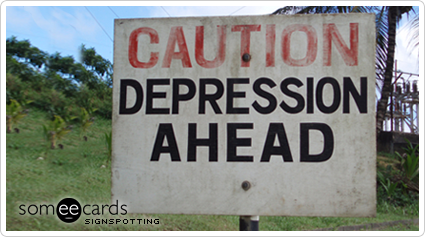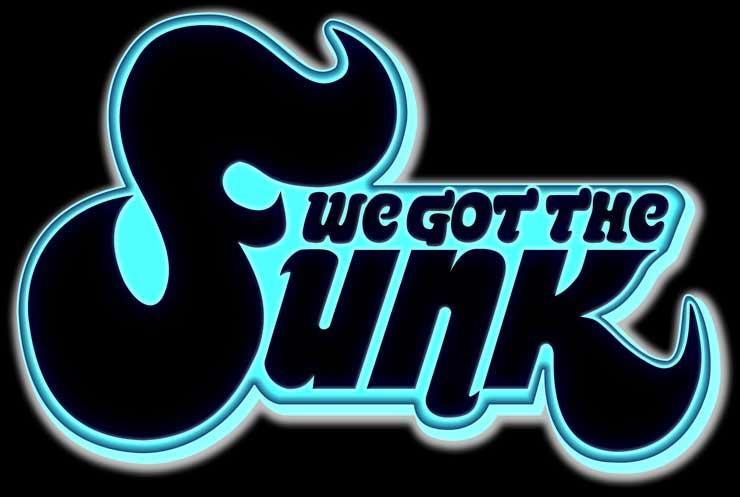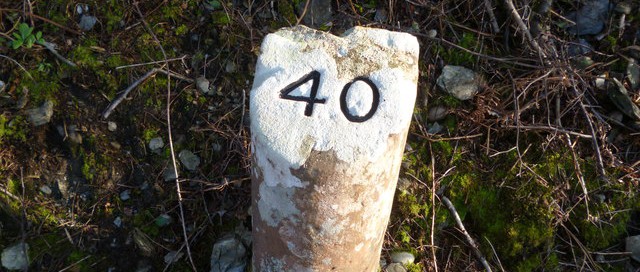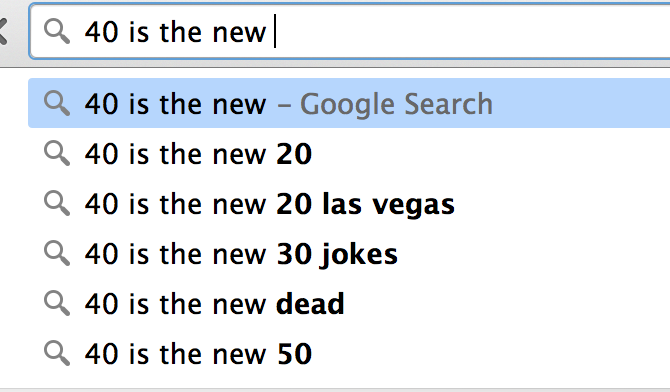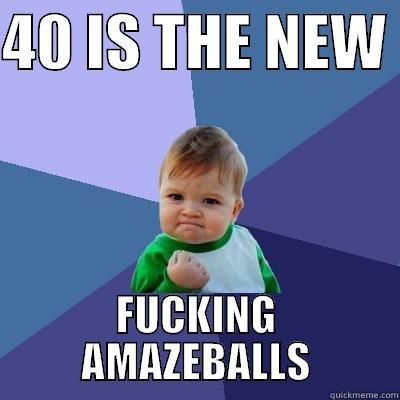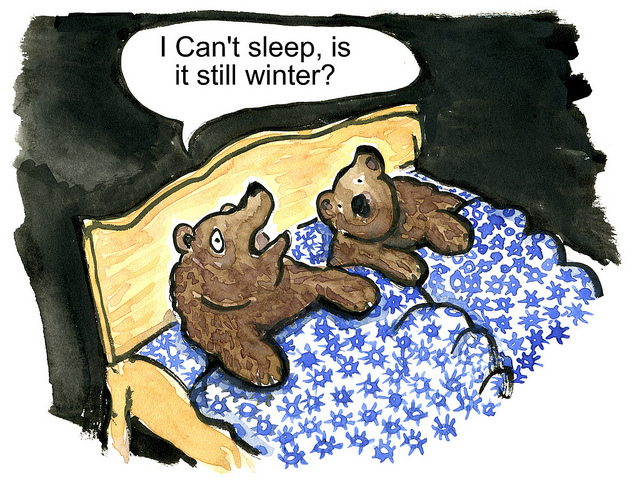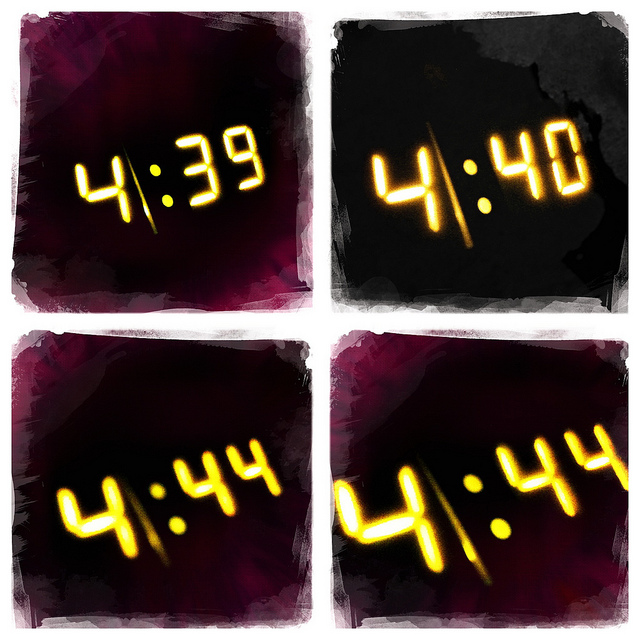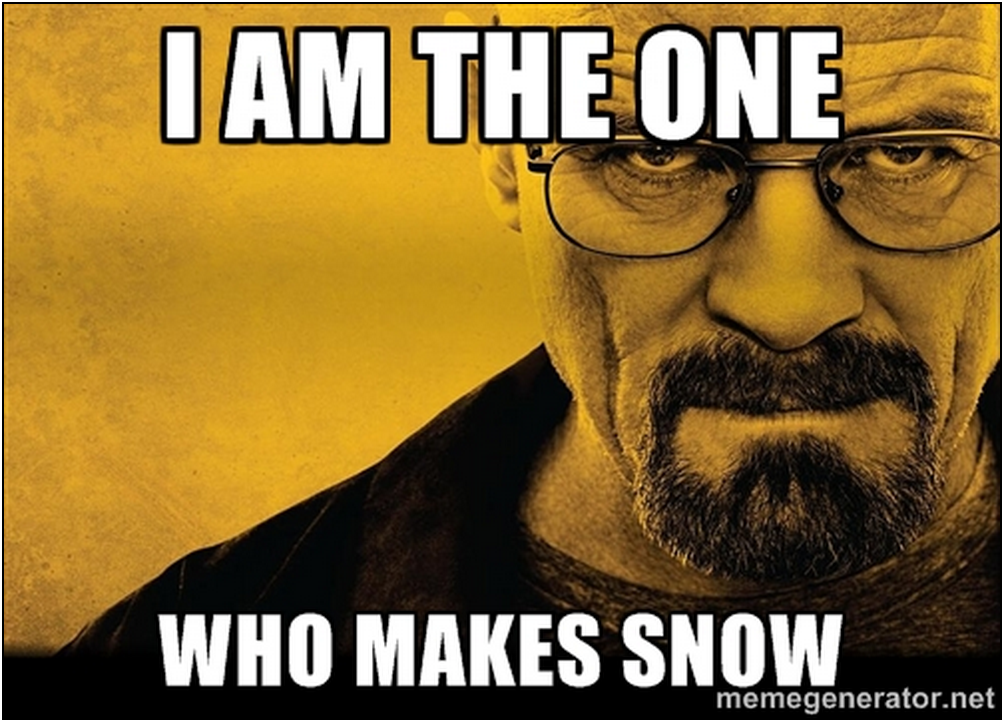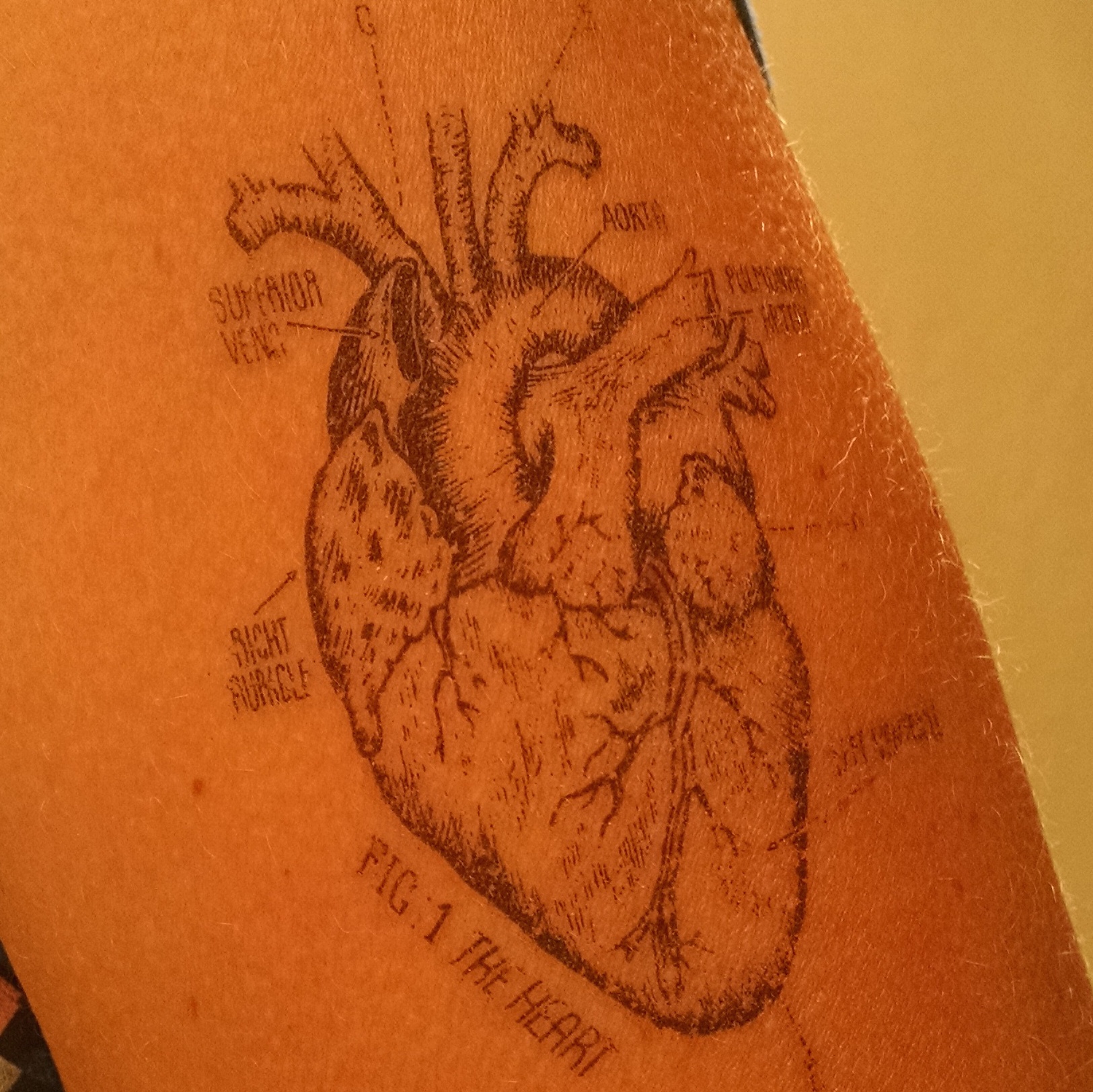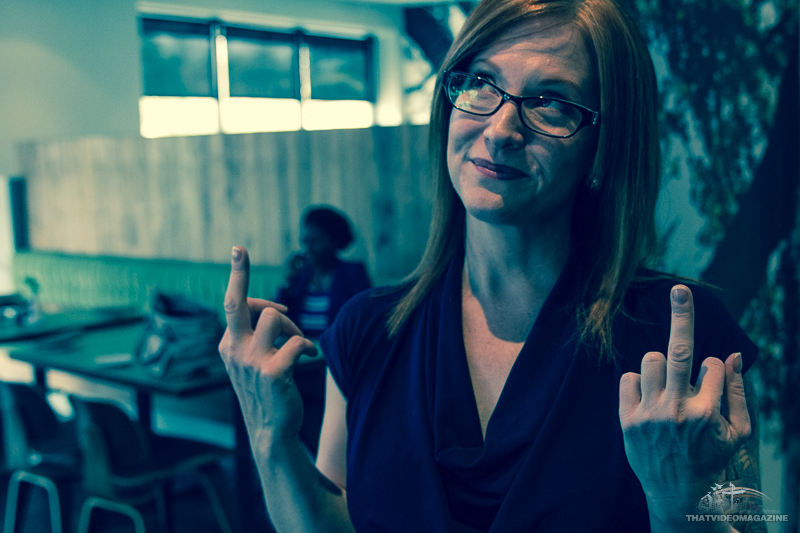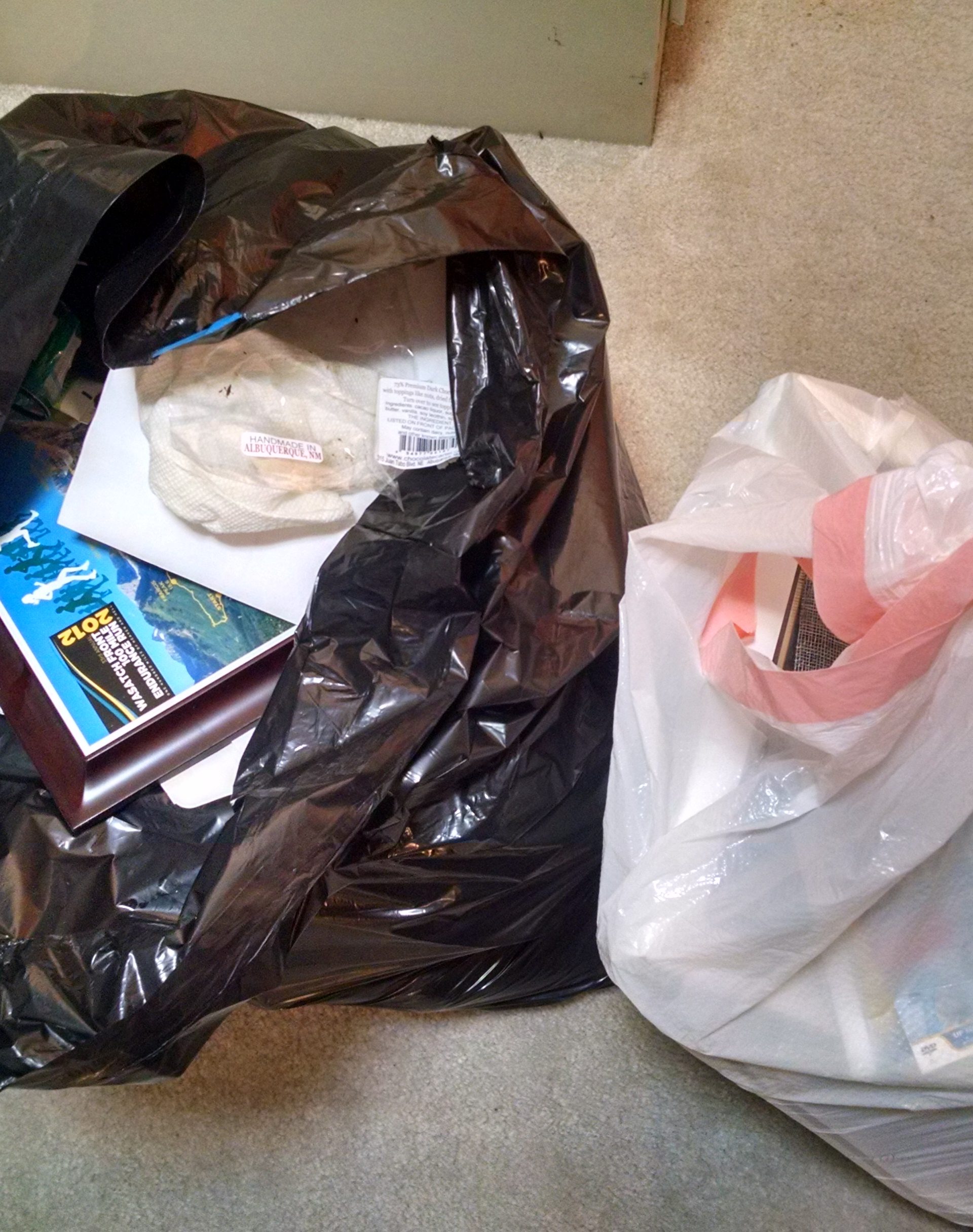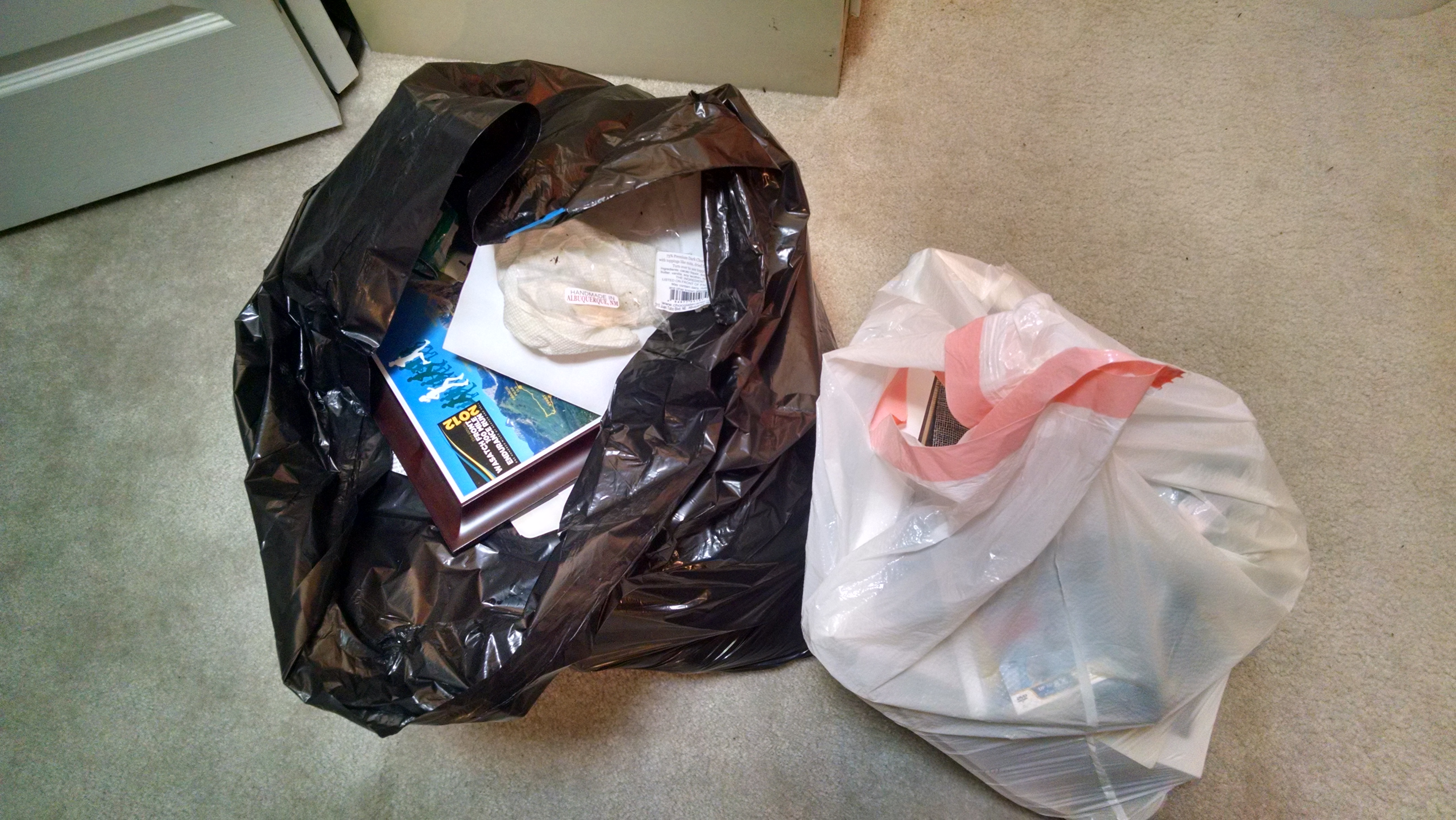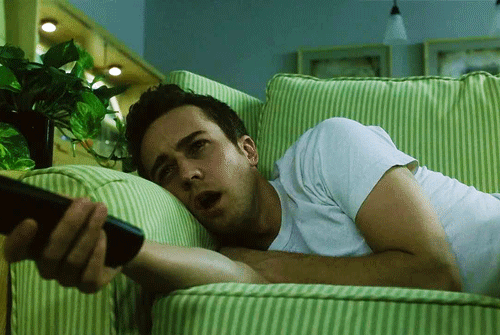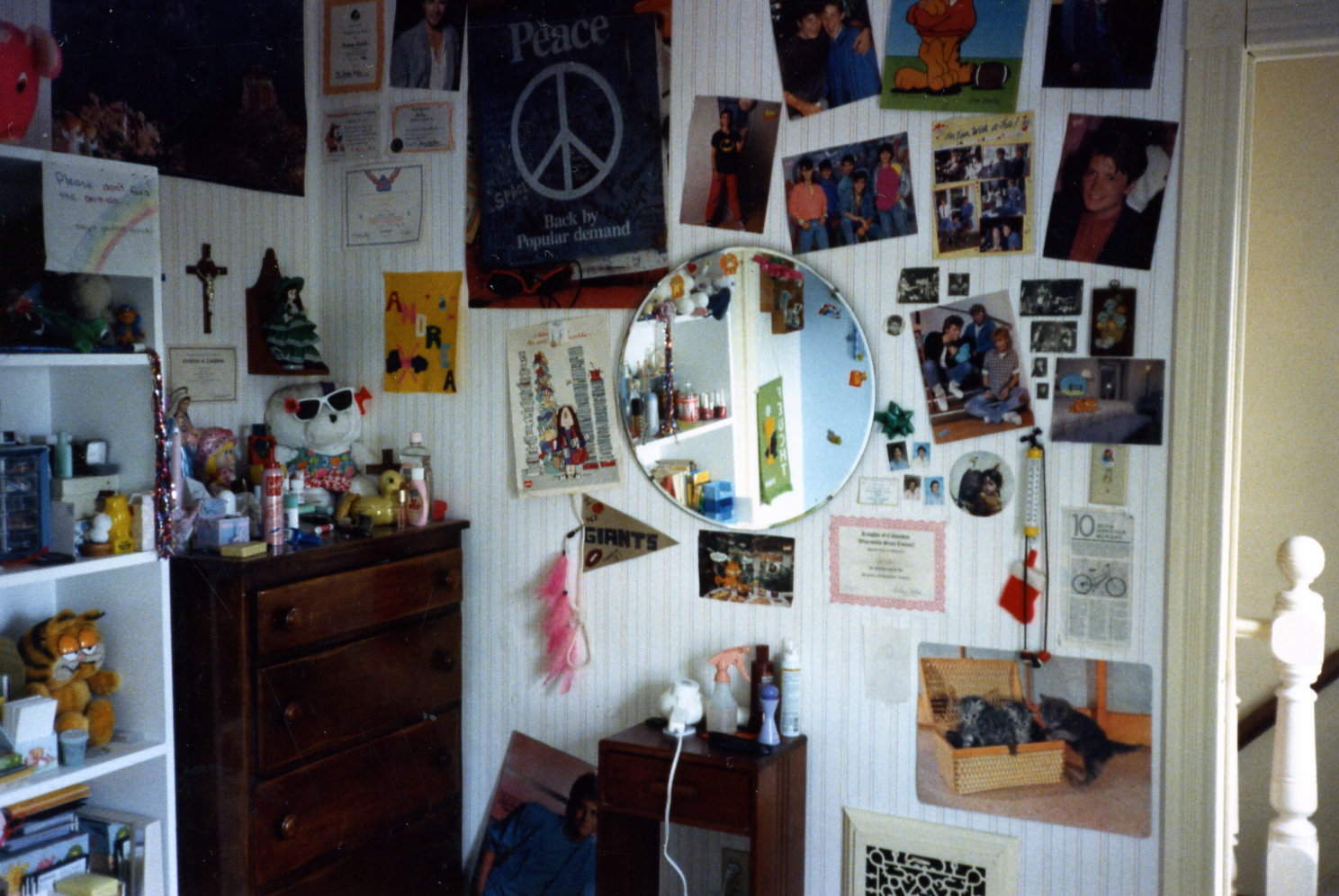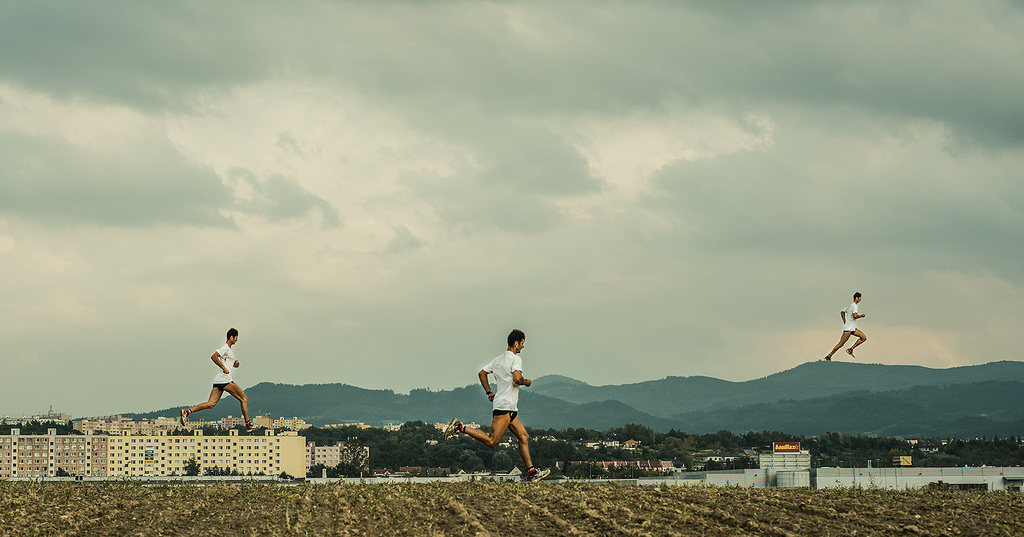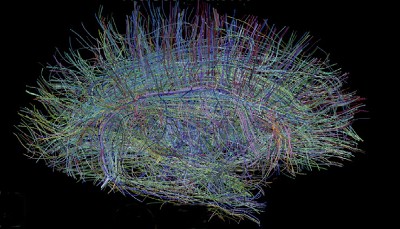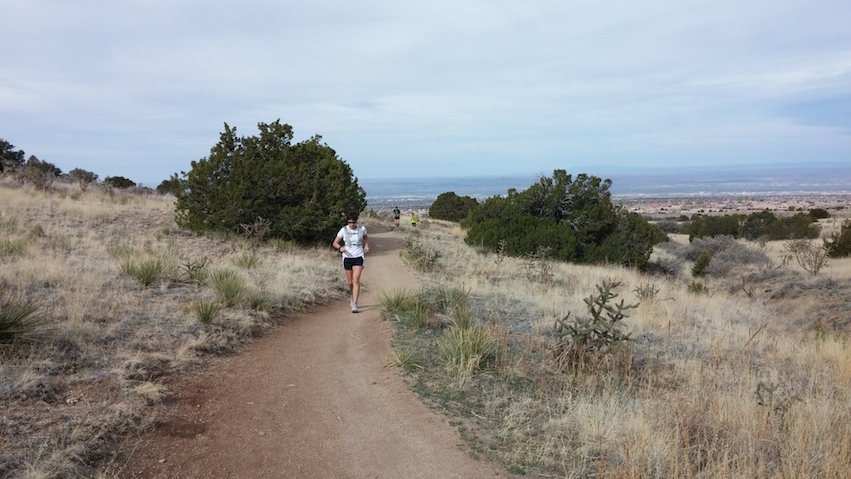Near the end of a thru-hike you’re going to feel this crazy stew of emotions from being on top of the world—a la Jack on the railing in Titanic—to bottoming out as you see the last few stretches of trail before you, panicked about regular life and wanting the miles to just stretch on and on without end.
All of that is normal, and fodder for more posts. But today it’s that aftermath we’re delving into. What happens a day after. A few days. A week, and more. Transitioning back to some kind of a civilized life is fraught with complications from paying rent again to the luxury of using more than 3 squares of TP at a time.
Lots of these things are written about. But no one warned me about a few of them, so I am warning you now. Take heed and you might not get bitten as I did.

1. Normal shoes won’t fit.
Anyone who wears “dressy” shoes (this means women but a lot of men, too!), take note. If you sized your hiking boots or shoes correctly, your feet will have gradually loosed up and your bones spread out as the muscles got stronger and you accumulated miles and miles under weight. I am not exactly the kind of person who has a closet full of high heels or perfectly fitting dress shoes. But even I had some issues with running shoes. Running shoes! My “just barely enough room” pair are now definitely a no-go. My “nice and tight” pair, same thing. I could theoretically wear them with bare feet for walks or easy runs, but socks? Forget it. Plan to need to buy at least a pair or two for your hobbit-sized footies, at least for now.

Gluten? Why not?
2. Re-feed bloat is real.
It is pretty well known that after the trail, a hiker cannot just keep pounding down the Probars and the pots full of refried beans with Fritos (still the best trail food ever, IMO). Your metabolism is gonna crash and crash hard in the days and weeks after you finish. Sure, go ahead and have some celebratory meals but pay attention to hunger. If your body responds fairly well, your true hunger should go down to match your activity level. What I didn’t expect is that after becoming a digesting machine on the trail with barely one meal leaving my gut before I felt weak with hunger again, afterwards everything would slow to a crawl. My celebratory meals left me bloated and my *ahem* digestion was suddenly erratic.

Pile of gear to be sorted.
3. Slipping back into the stresses and hubbub of normal life like nothing ever happened.
I’d read a lot about a harsh landing back into normal life. Being overwhelmed by stimuli, stressed out by not having money, unable to handle humans that didn’t smell like BO and eat entire plates of nachos in one go. But no one really mentioned the possibility that one could be back at everything—the stress, the deadlines, the social media—with almost no effort at all. Life went on while you were gone, and now that you’re back everyone else will barely have noticed that you did this epic thing. Don’t let that let you think your trail was insignificant. Don’t gloat about it, but certainly remember what you did and how awesome it was. Write stuff down NOW, especially if you did not keep a trail journal. If you did journal while out there, re-transcribe it so set it more deeply in your memory. “Oh YEAH! The chipmunk that stole my steripen cap!” Remember what you did. It was difficult and amazing and scary and fun. And YOU did it. Even if you go right back into a job or family responsibilities or both, keep little reminders of how strong you can be in your life. Photos, little things you picked up on trail, messages from your buddies still out there. YOU DID THIS THING.
Remember your journey. Keep on with your life, even with your huge hobbit feet, and think about what you’d like to do next hiking season. It will come soon enough, and you’ll be better prepared next time.


